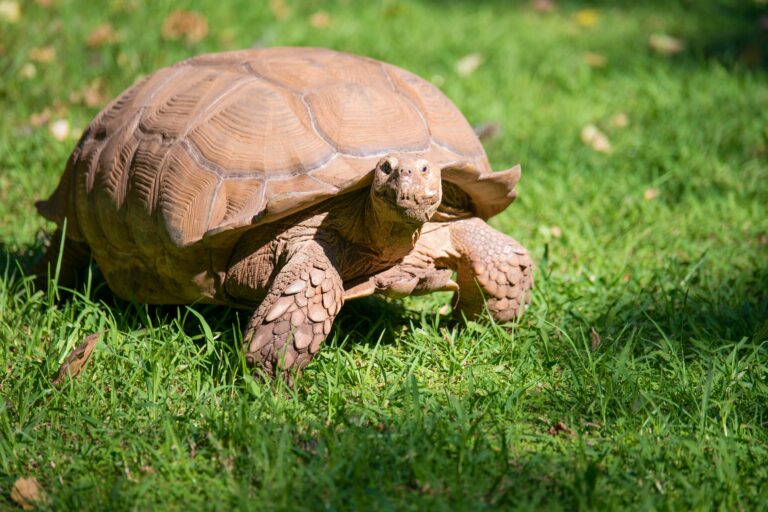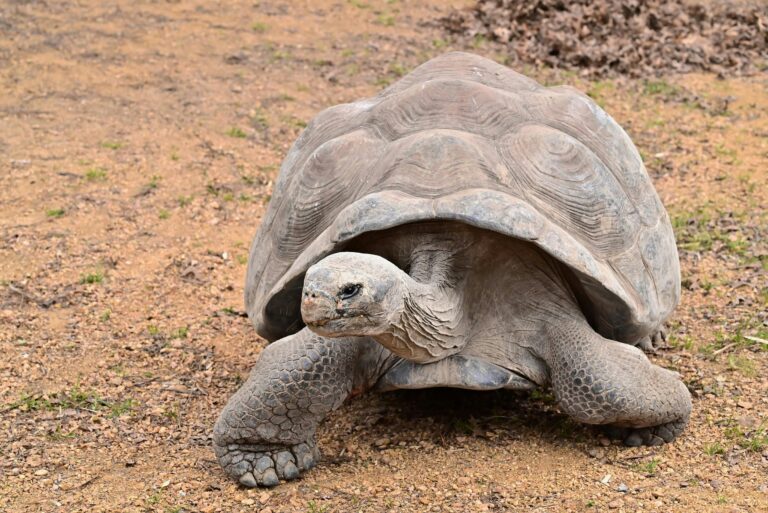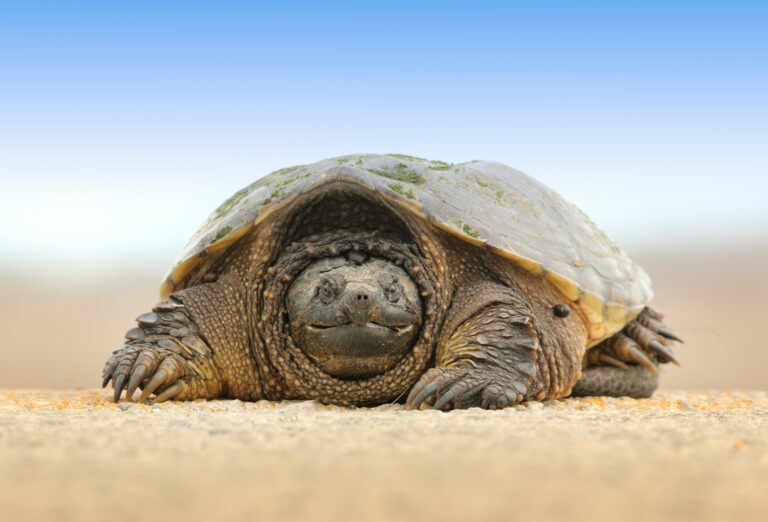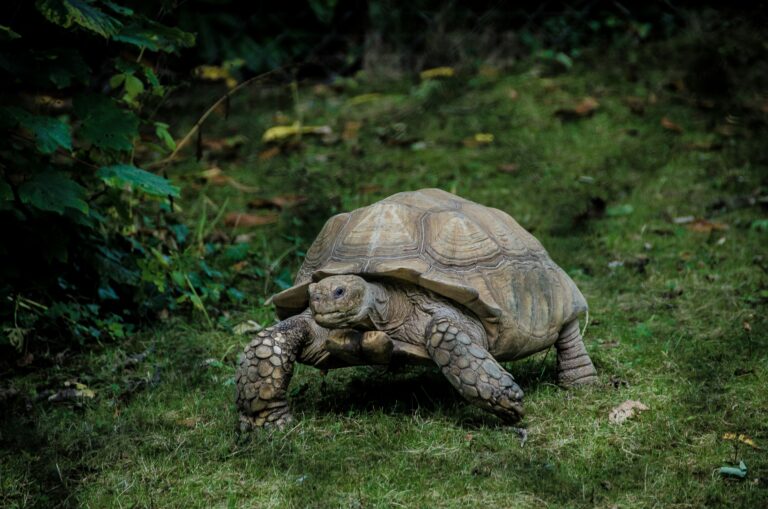
Russian tortoises, scientifically known as Testudo horsfieldii, are lovable reptile companions known for their gentle nature and charming behavior. However, if you notice that your Russian Tortoise is sleeping more than usual, you may be worried. While it is normal for these creatures to spend a good portion of their day sleeping, excessive sleep can indicate an underlying problem. In this article, we’ll examine the reasons behind your Russian Tortoise’s increased sleepiness, backed by scientific research.
1. Hibernation instincts:
Russian tortoises are native to the arid regions of Central Asia, where they have adapted to extreme temperature fluctuations. In the wild, they go through a period of hibernation in the colder months to conserve energy and survive in harsh conditions. Even in captivity, they can exhibit hibernation instincts that are triggered by environmental cues such as reduced daylight hours and decreased temperatures. During this time, they may sleep more frequently and deeply as their metabolic rate decreases.
2. Temperature Regulation:
As ectothermic reptiles, they rely on external heat sources to regulate their body temperature. If the ambient temperature in their enclosure is too low, they may become lethargic and spend more time sleeping to conserve energy. Conversely, excessive temperatures can also lead to lethargy as they seek shelter from the heat.

3. Nutritional Factors:
Diet plays an important role in the overall health and behavior of Russian tortoises. A poor diet that lacks essential nutrients can lead to lethargy and increased sleepiness. Conversely, overfeeding or high-fat diets can also cause lethargy and weight gain, affecting their activity levels. Studies have highlighted the importance of a balanced diet for them that includes a variety of leafy greens, vegetables, and occasional fruits (Ritter et al., 2019). Inadequate nutrition can impair metabolic processes and reduce activity levels, including sleep duration.
4. Health Problems:
Excessive sleepiness in Russian tortoises may indicate underlying health problems such as respiratory infections, metabolic bone disease, or parasites. These conditions can cause discomfort and weakness, resulting in increased rest and decreased activity levels. Research has identified a variety of health conditions that can affect Russian tortoises, ranging from malnutrition to infectious diseases (Hernandez-Divers & Hernandez-Divers, 2015). Regular veterinary check-ups and proper husbandry are essential to maintain their well-being and prevent health problems.

5. Stress and environmental factors:
A stressful environment or changes in their environment can also affect the behavior of Russian tortoises. Factors such as loud noises, sudden movements, overcrowding, or inadequate hiding places can cause stress, leading to increased sleepiness in seeking shelter and safety.
6. Reproductive behavior of Russian tortoise:
During the breeding season, male Russian tortoises may experience increased sleep as they invest energy in mating rituals and territorial behaviors. Similarly, females may experience fatigue and decreased activity levels during egg production and nesting.

7. Age and Life Stage:
Like all living creatures, Russian tortoises experience changes in behavior and activity levels as they age. Young people may be more active and sleep less than adults, while older people may become progressively less active and need more rest. Long-term studies on Russian tortoises have documented age-related changes in behavior and physiology, including changes in activity patterns and metabolic rates ( Du et al., 2017 ). Providing age-appropriate care and housing can help maintain their quality of life.
Conclusion:
While it is natural for Russian Tortoises to spend a significant portion of their day sleeping, excessive sleep can indicate underlying problems that need attention. By understanding the various factors that influence their behavior, from hibernation instincts to health conditions and environmental factors, owners can better care for their tortoise companions and ensure their health. Regular veterinary checkups, a balanced diet, proper habitat design, and careful observation are the keys to promoting the health and happiness of Russian tortoises in captivity.